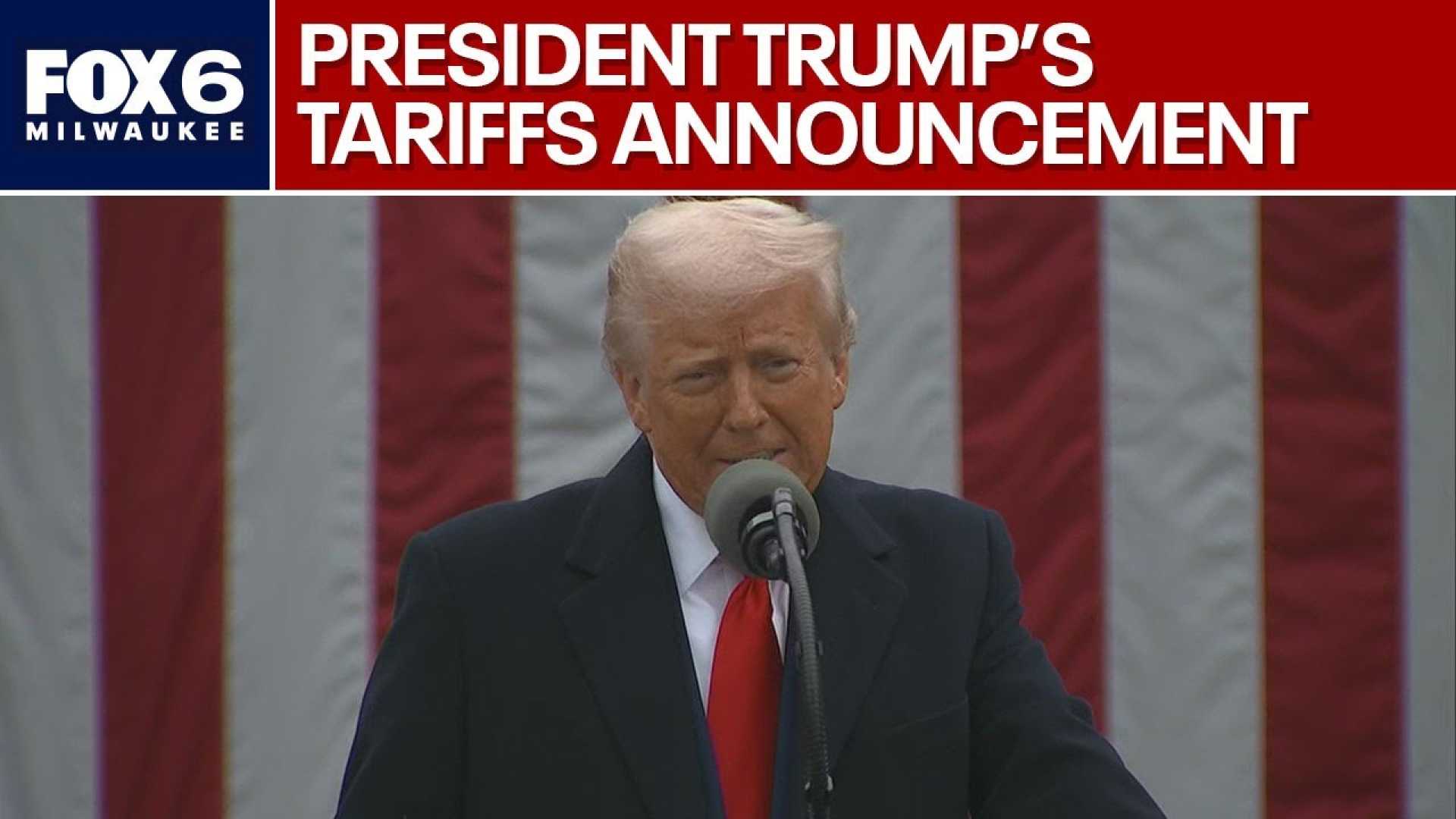Business
Trump’s Tariff Plans Raise Doubts Over U.S. Economic Stability

WASHINGTON, D.C. — President Donald Trump’s recently announced tariffs could have significant repercussions for the U.S. economy, raising concerns among economists and international trading partners. The proposed tariffs, which range from 10% to 49%, aim to level the playing field for American imports and exports but may lead to higher prices for consumers and decreased economic growth.
The new tariffs are set to impact over 180 countries, potentially hitting U.S. consumers with increased costs for a range of goods. “If trade deficits are persistent because of tariff and non-tariff policies, then the tariff rate consistent with offsetting these policies is reciprocal and fair,” an official from the U.S. Trade Representative’s Office stated during the announcement.
Economic analysts predict the tariffs could reduce the long-term U.S. gross domestic product (GDP) by as much as 1.6%. This projection is based on estimates that a 10% uniform tariff hike would account for a 1.1% decline in GDP, while a 60% tariff on China could contribute an additional 0.5%. The total impact may increase selling prices for consumers and push inflation rates higher.
JP Morgan chief economist Michael Feroli noted that the tariffs could generate approximately $400 billion in revenue for the government but warned of potential adverse effects on consumer purchasing power. “The risk to real disposable personal income growth could result in negative spending quarters,” he said.
Amid concerns of an impending recession, some Republican senators, including Markwayne Mullin of Oklahoma, have expressed support for the tariffs, arguing that short-term pain could lead to long-term gains. “Sometimes you have to have short-term pain to have long-term gain,” Mullin said, despite acknowledging the potential for increased costs.
On the opposite end of the spectrum, voices of dissent emerged from within Trump’s party. Former Vice President Mike Pence criticized the new tariffs, claiming they would hurt American families by increasing costs by more than $3,500 per year.
Concerns over retaliatory measures from foreign governments loom large, with countries like the European Union already signaling potential countermeasures. “Trade wars only produce losers,” remarked French Industry Minister Marc Ferracci.
The uncertainty surrounding these tariffs has led to a significant dip in investor confidence, with U.S. stock markets reacting negatively to the news during after-hours trading. The S&P 500, Nasdaq, and other indexes saw drops of 2% to 3%, signaling apprehension over the future economic climate.
In response to the tariff plans, some companies are already making adjustments. Automotive manufacturers, for instance, are bracing for the impact and assessing how to pass along increased costs to consumers, while smaller businesses have expressed fear of rising prices that could harm their bottom lines.
As the announcement reverberates through various sectors, the question remains: How will these tariffs reshape the landscape of the American economy?












